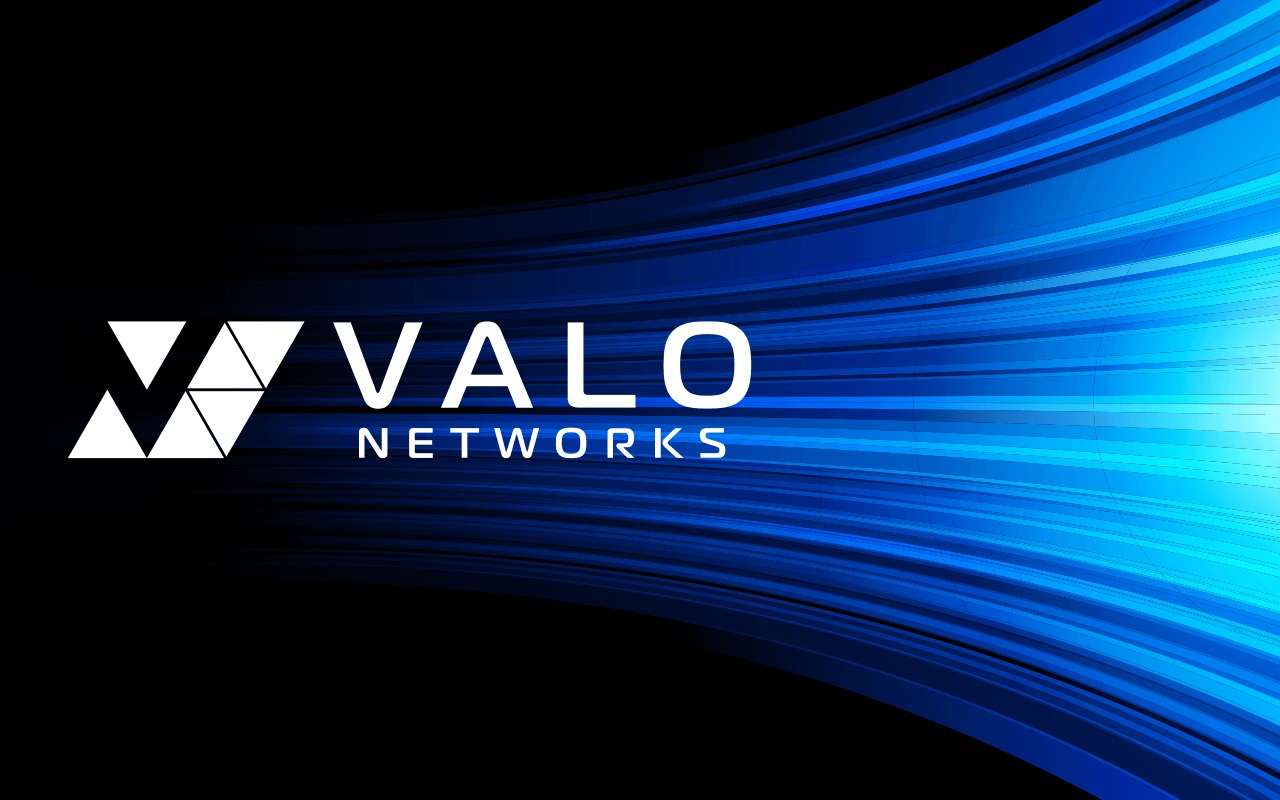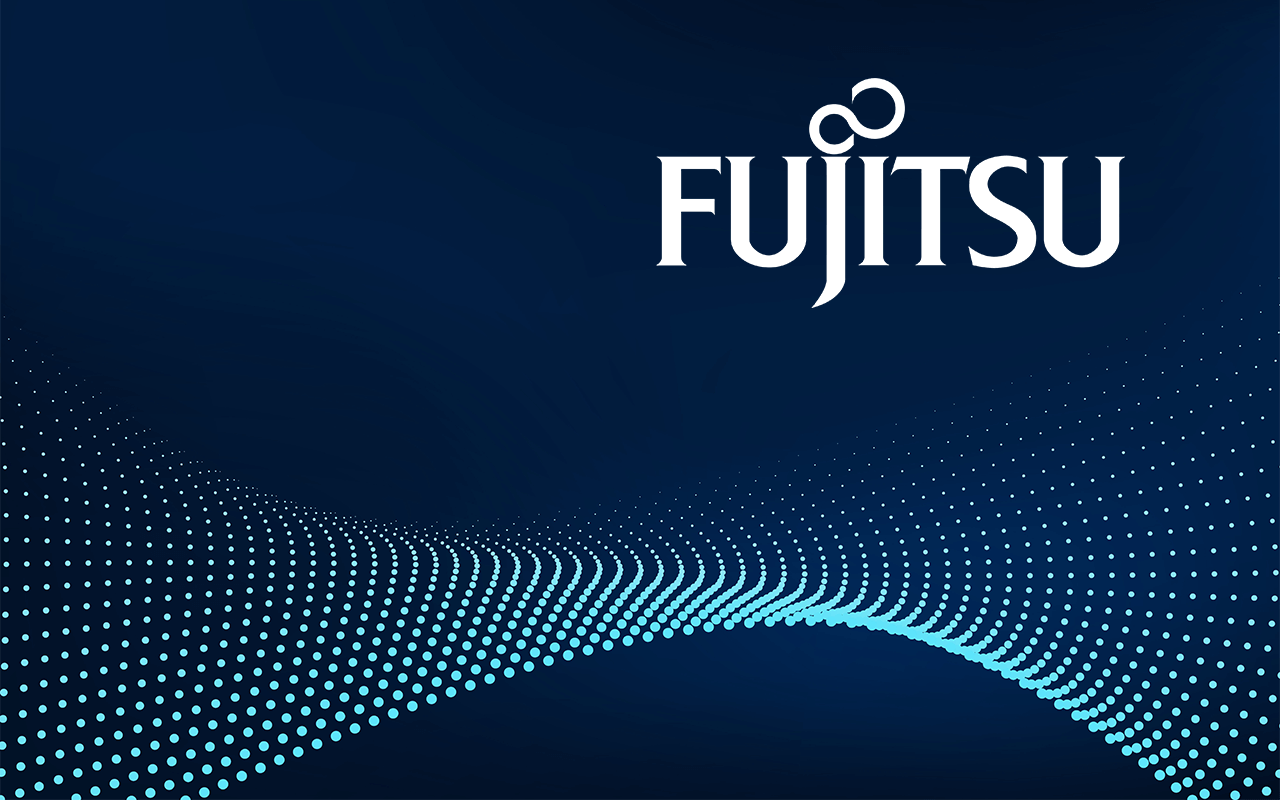- Solutions
Solutions
Discover how we empower your network through a flexible choice of Optical transport, Access and Software defined technologies. Browse through our dedicated use cases to find out more.
- Products & Services
Products & Services
A full suite of products and services to address your network needs for today and tomorrow.
- Company
Company
Find out all you need to know about the foundation of Ekinops, the company empowering next-generation networks.

I tried making a pun out of The Who song Baba O’Riley to use for the title but couldn’t make it work. I’ll just keep that one in my pocket for next time I guess. In any case, BABA, for those who don’t know is an acronym for the ‘Build America, Buy America’ Act which addresses the domestic sourcing requirements for equipment used by those participating in federal financial assistance programs including the $42.5 billion Broadband Equity, Access, and Deployment (BEAD) Program run by the U.S. Department of Commerce (DOC) via the National Telecommunications and Information Administration (NTIA). (If you couldn’t tell, the federal government, like the telecom industry, loves acronyms).
The key provision in BABA is that a minimum of 55% of the components of any device purchased by BEAD (or any other assistance program) participants with those federal funds must be sourced in the United States. The idea of course being that this requirement helps protect jobs, stimulates investment in domestic markets and creates a strong and reliable supply chain in key industries. Normally this is a good thing for domestic manufacturers and suppliers since it gives them a home-court advantage by eliminating or at least making it difficult for foreign competitors to participate in these programs.
However, in this case, BABA is making it impossible for the entire industry to comply — domestic and foreign manufacturers alike. The results of an economic study done by the NTIA show that semiconductors—i.e., computer chips, processors, ASICs, FPGAs and other electronic components— used in all communications equipment compose approximately 70% of the hardware cost, and that they are sourced almost exclusively from countries in Asia-Pacific. The DOC also came to the conclusion that the legislation that exists to increase domestic manufacturing of semiconductor chips will take too long to implement and would not have any impact or influence during the timeline of the BEAD program.
In light of these findings, the DOC, on August 21, 2023, issued its ‘Limited General Applicability Nonavailability Waiver of the Buy America Domestic Content Procurement Preference as Applied to Recipients of Broadband Equity, Access, and Deployment Program ‘ order that exempts communications equipment manufacturers from the requirements of BABA with four exceptions, all related strictly to the Optical Network Terminals and Optical Line Terminals used only in Passive Optical Networking (PON ONTs and OLTs) to connect the customer premises. This means all domestic and foreign manufacturers of WDM, OTN, and IP routing and switching equipment are eligible for use of BEAD funding (except for Huawei and ZTE which remain banned under the ‘Secure and Trusted Communications Networks Act of 2019’).
For service providers, this is good news as it gives them more choice and greater leverage when selecting their equipment suppliers. Basic economics tells us having an open and free marketplace benefits everyone, stimulating suppliers to innovate and remain efficient while offering more and better choices at lower cost for buyers.
Of course this is good news for Ekinops as well, allowing us to broaden our commitment to delivering flexible, scalable and dependable optical transport to the U.S. market where it is needed most — to those on the other side of the ‘digital divide’. Our singular approach allows BEAD funding recipients to maximize their investment in their transport networks by minimizing the dollars they need to spend on it with complete, cost-effective ‘middle mile’ connectivity solutions up to 800G. Minimizing the cost of the middle mile frees up funds for rural service providers to use in other critical areas of their broadband rollouts. Ekinops has two decades of experience working with and supporting hundreds of Tier 2 and Tier 3 service providers in the U.S. so we understand exactly the requirements needed and challenges faced and we’ve developed our solutions to meet those needs. Fortunately, with the BABA waiver, every BEAD and Middle Mile Grant (MMG) Program recipient can take advantage of what we have to offer.
|
|
Solution Brief: Maximizing The Middle Mile Download |





